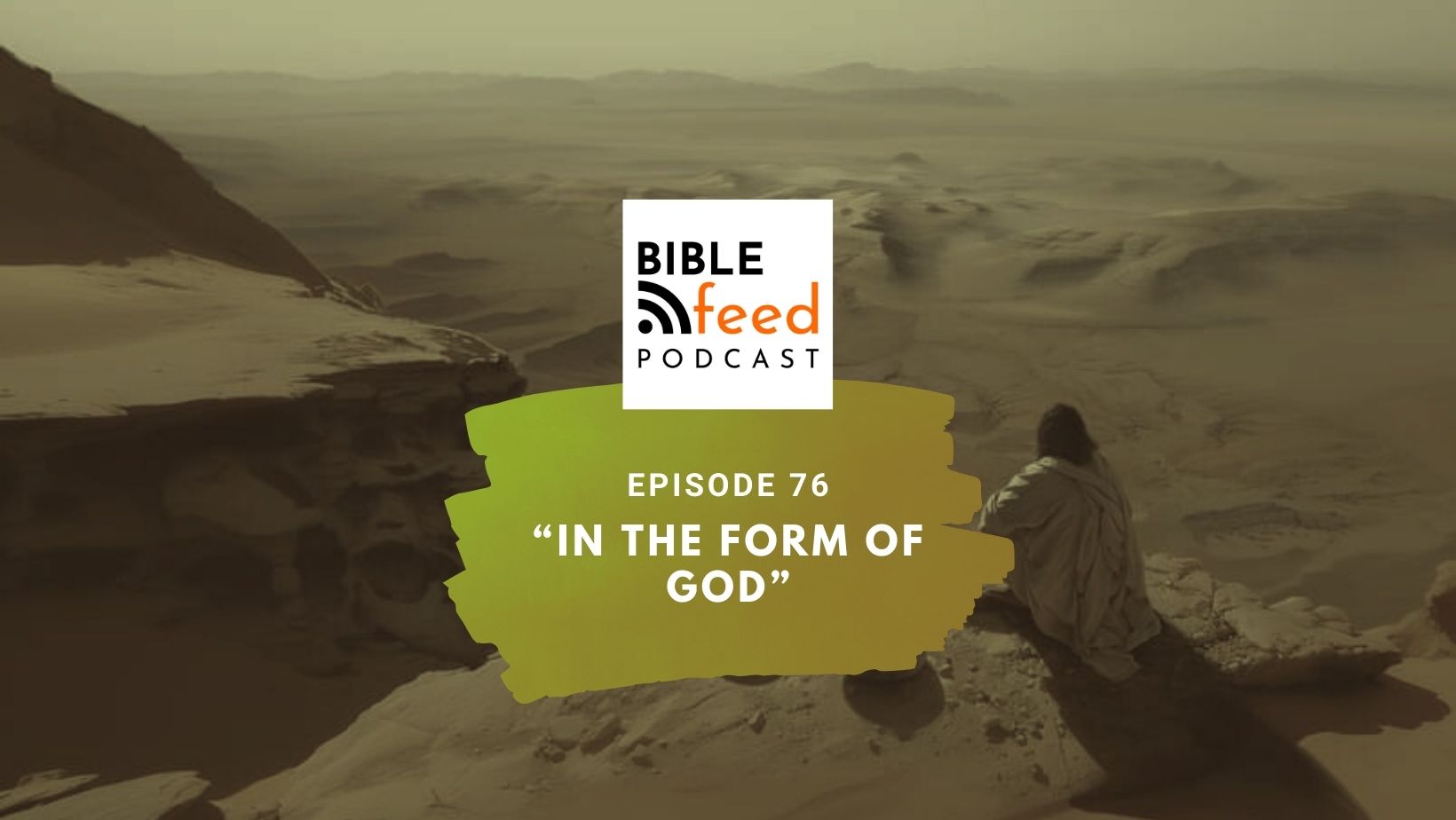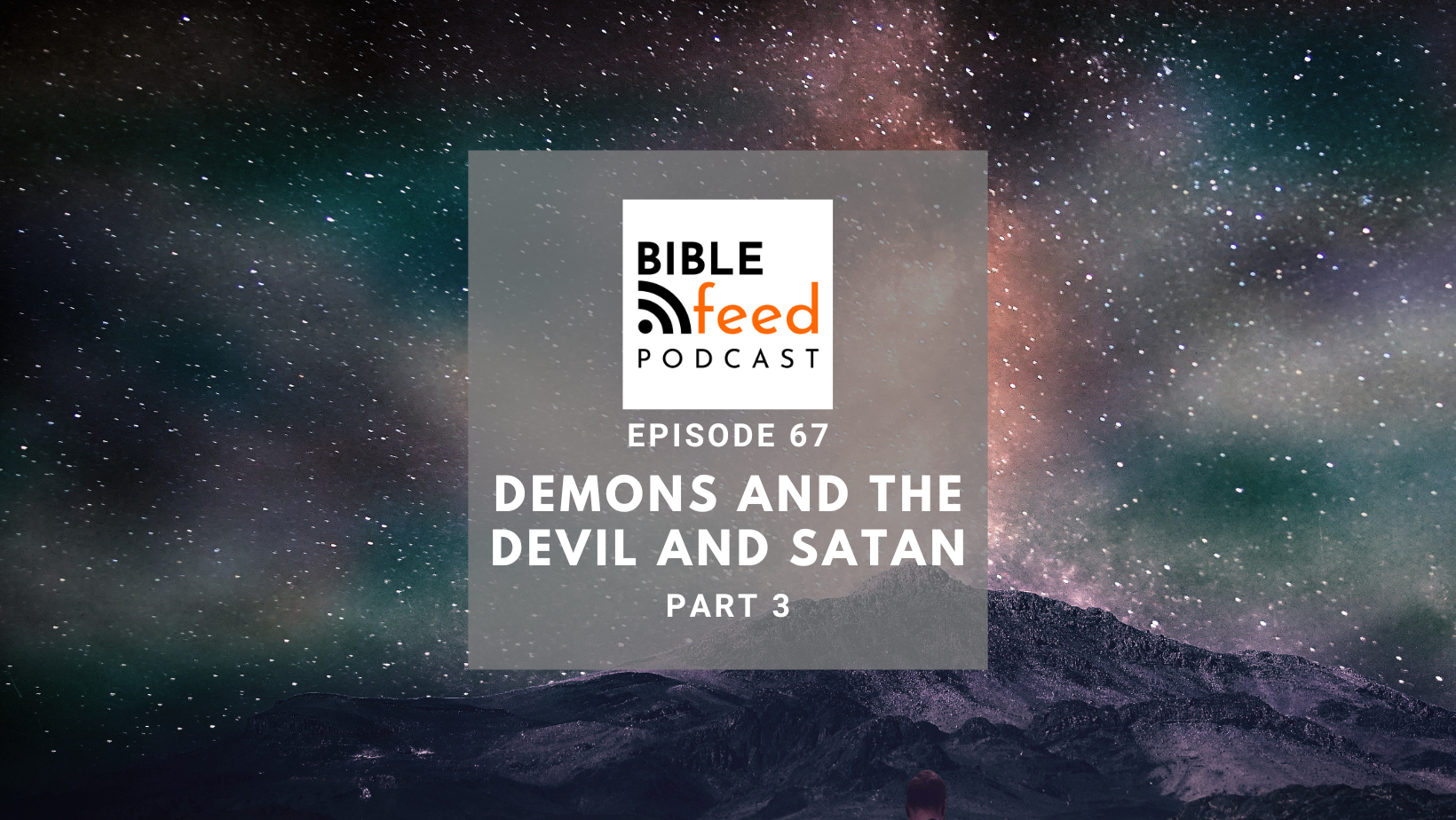Dan's full paper presented at the Unitarian Christian Alliance UK International conference in July 2025 on The Trinity mystery contrasted with the Bible. Investigate what the Biblical mysteries are really about and why Jesus reveals God rather than conceals him in paradox and contradiction.
Host Dan Weatherall talks with Sam Mansfield from Australia, delving into the Nicene Creed's origins, historical context, and importance. They explore early Christian doctrinal developments, the controversies leading up to and following the Council of Nicea in 325 AD, and the eventual establishment of the Trinitarian doctrine by the Council of Constantinople in 381 AD. Through a series of quotes from Christadelphian writings from the 19th and early 20th century, the discussion highlights the doctrinal shifts and theological debates that shaped early Christianity, and reflects on the necessity of adhering to Bible based creeds for contemporary Christians.
Paul and Dan return after a hiatus to provide an in-depth exploration of John 14:2. The episode discusses how the verse 'In my Father's house are many mansions' has been traditionally interpreted and suggests an alternative meaning that is related to the Jewish concepts of a temple and heaven. This reveals a profoundly comforting understanding of how Jesus enables a renewed, spiritually rich life for his followers, with a living relationship with God, rather than a literal journey to heaven.
In this episode, instead of a high level overview, we delve deep into one complex and much debated passage in Philippians 2 which says that Jesus was "in the form of God". We navigate through various translations, interpretations, and biblical contexts to uncover the essence of this pivotal scripture.
Where do demons fit into a Biblical theology? We look at the few places they appear in the Old Testament and find them linked to the idols worshipped by the peoples around the ancient Israelites. It turns out they are presented as having no real existence or power. So why do demons suddenly make a large appearance in the Gospels?
In the dead of night, in the middle of the sea of Galilee under a ferocious storm, Jesus appears walking on the waves towards his disciples. He calms the sea and the boat is immediately at land and safety. It's no wonder that the disciples were amazed at this. What did this mean? If Jesus could control creation by walking on the raging sea, does that make him divine? Does walking on water show that Jesus is God?
How can Jesus uniquely be called the Son of God? Does calling him the Son of God make him Deity in any sense? What is Jesus claiming when he says he is the Son of God? All these questions and more are considered in this episode.
What does it mean for something to be the inspired word of God? Is it possible to explain how that happens, and if we can't, what certainty can we have about divine authority behind the text of the Bible? Considering these questions leads us to realise how important it is to treat the text with respect and be responsible and humble in how we draw out our interpretations of God's word.
We chat to author, Martha Sales, about her zany novel, The Enormous Tiny Experiment, and how a perfect world free from suffering is all but impossible. The conversation ranges from the New Atheists and questions about suffering to plate tectonics, go-karts and the universal existence of morality.
Paul chats to Mark Vincent, the author of a small book with big ambitions, entitled Life's Biggest Questions. They talk about how the book came about and step through some thoughts on those major questions - Where did we come from? Why are we here? Where are we headed?







